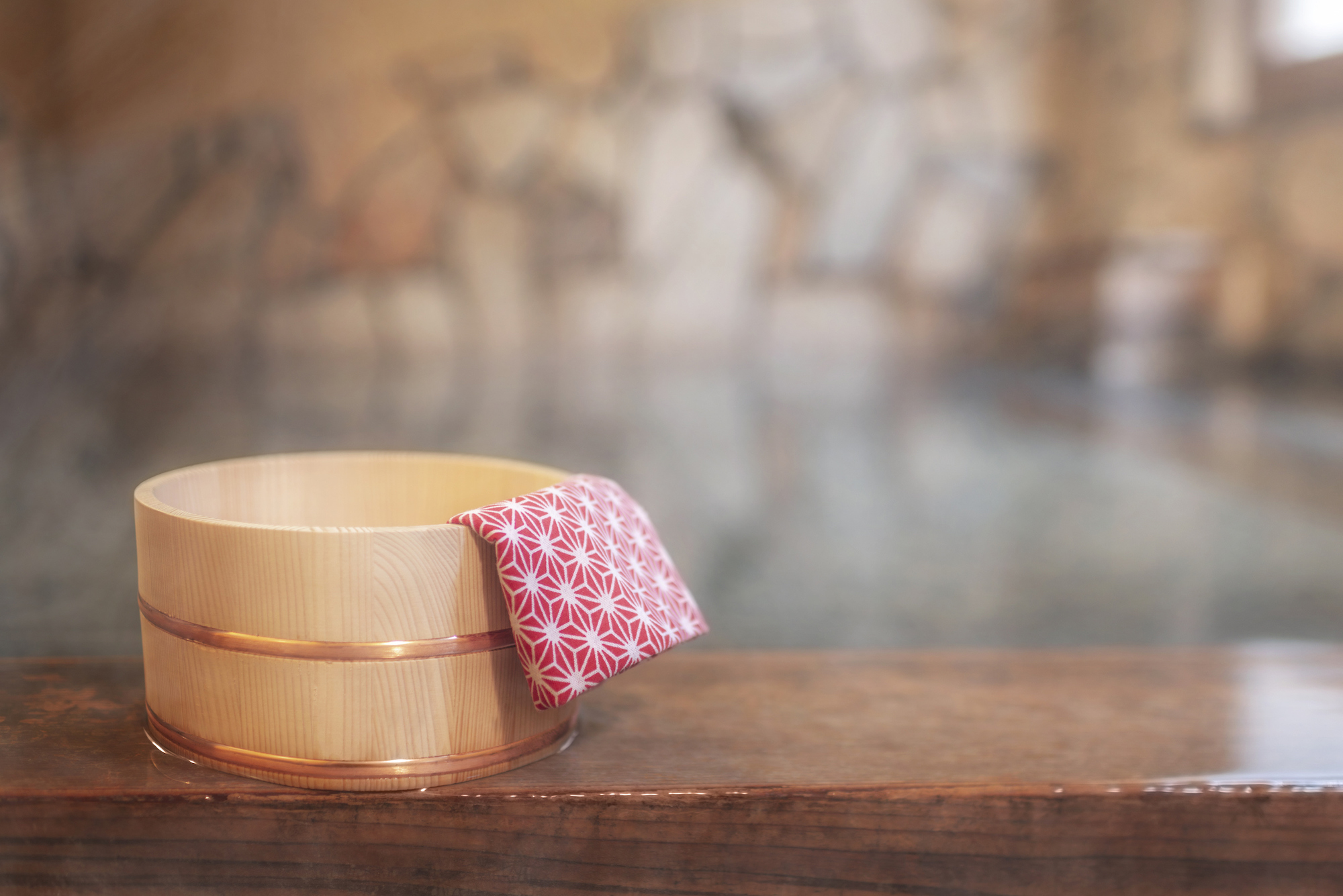Before the Olympic Games come to Tokyo in the summer of 2020, Japan will get a chance to prove its mettle as an international sporting events host with the Rugby World Cup this fall. The games will be spread out among 12 stadiums nationwide, which means the whole country will be the focus rather than just cosmopolitan Tokyo. Consequently, omotenashi (Japanese-style hospitality) will be tested across a wider range of cultural sensibilities, since many of the host communities are not necessarily on the beaten foreign tourist path.
Take Beppu, Oita Prefecture. Five matches, including one of the quarterfinals, will take place at the Oita Stadium, which is in the city of Oita and, according to the Dec. 30 issue of the Nishinippon Shimbun, there is some concern in the local hospitality sector regarding what to do about foreign players and spectators with tattoos. It's assumed that when in Beppu these visitors will want to partake of what makes the region famous — its onsen (hot-spring baths) — but, according to the newspaper, 70 percent of the area's 400 onsen facilities do not allow bathers with tattoos because they are afraid inked guests "make other guests uncomfortable," and by "other guests" they mean Japanese guests, who make up almost all of their business.
The local hoteliers association says it will survey member establishments for their opinions. As it stands, there are 100 facilities that say they will "accept" tattooed patrons, and the association is hoping to persuade others to relax their rules if only during the one-month period of the Rugby World Cup. A Dec. 25 article in the Sankei Shimbun features an English-language website that publicizes a map of 100 tattoo-friendly onsen, but it also implies that many of the accommodations in the area are resistant to the idea. A representative from an inn told the Sankei Shimbun that it's "difficult" to try and distinguish whether someone sporting a tattoo is "antisocial," while a city official said many facilities didn't want to "disappoint" people who had come "so far" to take a bath, without really clarifying if those people were Japanese or foreign guests. The organization that designed the map said one option is for hot-spring facilities to set aside exclusive bathing times for tattooed patrons.



















With your current subscription plan you can comment on stories. However, before writing your first comment, please create a display name in the Profile section of your subscriber account page.